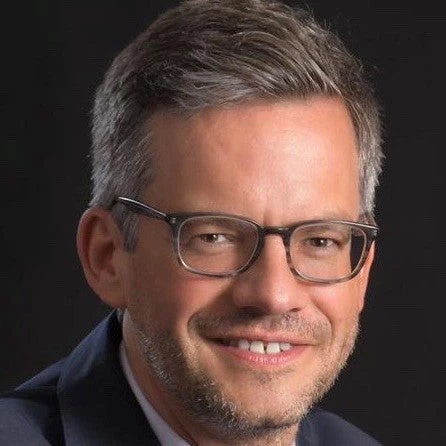 Rice-fields in a valley near Lao Cai, northern Vietnam
Rice-fields in a valley near Lao Cai, northern Vietnam
Vietnam is on the frontlines of the climate crisis, with increasingly destabilized water and food supplies and threatened coastal areas. In the face of these challenges, the government is showing bold leadership and climate ambition. The recently updated Nationally Determined Contribution (NDC) significantly increased targets for emissions reductions across several key sectors. Vietnam has also translated global pledges on forests and methane into specific national action plans and policy priorities.
What is missing, however, is the financing needed to achieve these goals. Carbon markets and results-based carbon and climate finance, which pays for emission reductions once they are achieved, have huge potential to help meet this financing challenge. The quickly evolving carbon market ecosystem, however, has many rules, requirements, players, and priorities. The government of Vietnam has requested World Bank Group support in navigating this complexity and identifying opportunities to access carbon finance and market opportunities.
"Vietnam is on the frontlines of the climate crisis, with increasingly destabilized water and food supplies and threatened coastal areas. In the face of these challenges, the government is showing bold leadership and climate ambition."
Vietnam can benefit from more results-based climate finance
Vietnam is not new to monetizing its carbon emission reductions. Over the past 15 years, the country has traded 30 million tons of carbon in compliance carbon markets and 10 million tons in voluntary markets; mostly for renewable energy and industrial energy efficiency. But comparing these numbers with Vietnam’s NDC targets to be achieved by 2030, much more decarbonization of energy, industry, and land use is needed to achieve the unconditional target of 62 million tons of carbon emissions, or 153 million tons of conditional target with international financial support. This gap reveals that Vietnam can benefit much more from results-based climate and carbon finance and mobilize much-needed private sector investment, areas highlighted in the recently completed Vietnam Country Climate and Development Report.
As a trusted partner with over 20 years’ experience in results-based carbon and climate finance, the World Bank Group is helping Vietnam to understand and access these financial mechanisms. This means connecting green projects with domestic and voluntary carbon markets while generating emission reductions credits. We also explore how to handle various legal, regulatory, knowledge, and partnership challenges that lie ahead.
In light of the above, we delivered a three-day “Results Based Carbon and Climate Finance” workshop in Hanoi in February 2023. It benefitted over 100 participants from various Vietnamese ministries, agencies, and municipalities. Participants also included staff and management from the World Bank and IFC. All participants brought to the table rich experiences related to renewable energy, forestry, low-carbon agriculture, and low-carbon cities. Participants were keen to learn from each other, explore opportunities for policy and regulatory coordination to accelerate progress, and collectively identify next steps for increased access to, and use of, various mechanisms for carbon and climate financing and development goals.
"Over the past 15 years, Vietnam has traded 30 million tons of carbon in compliance carbon markets and 10 million tons in voluntary markets; mostly for renewable energy and industrial energy efficiency."
Advancing national dialogue on carbon and climate finance
Building on this collaborative momentum, the World Bank Group and Vietnam counterparts are collectively advancing national-level dialogue on carbon and climate finance policies and regulations while further developing specific projects for action. Examples include the Partnership for Market Implementation (PMI), the Forest Carbon Partnership Facility (FCPF) and, soon, the Transformative Carbon Asset Facility (TCAF) and the new Scaling Climate Action by Lowering Emissions (SCALE). TCAF and SCALE are eyeing support for Vietnam’s groundbreaking 1 million hectares of high-quality, low-carbon rice program.
Within the World Bank Group, the Vietnam workshop will be used as a pilot to be refined and replicated in other partner countries with similar climate challenges and commitments. Demand for this type of training and advice is high among our clients, who are eager to tap into international carbon markets that could be worth $50 billion a year by 2030. Regional and domestic compliance carbon markets may offer even more financial opportunity.
These workshops are part of a wider World Bank Group effort to help countries strengthen technical capacity and enable proof-of-concept for emissions reductions crediting that can be applied in domestic and international carbon markets. Our shared goal is to scale up financing for low-carbon growth and to promote a healthier, inclusive, and sustainable future for everyone.



Join the Conversation